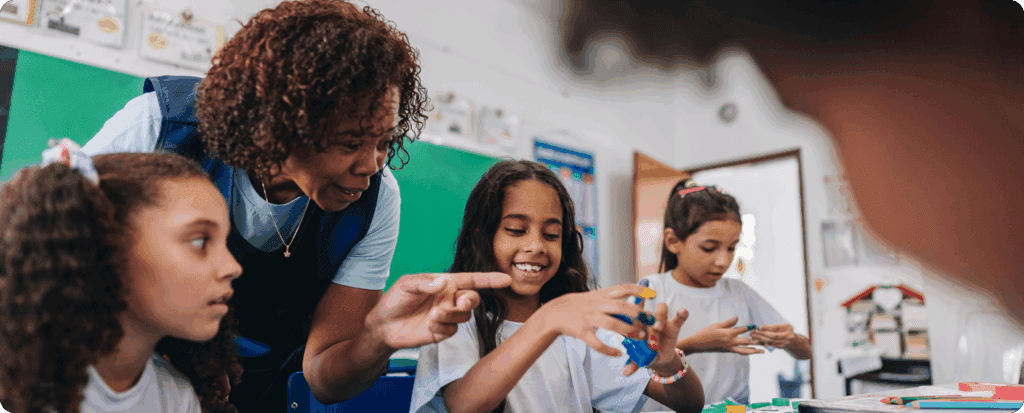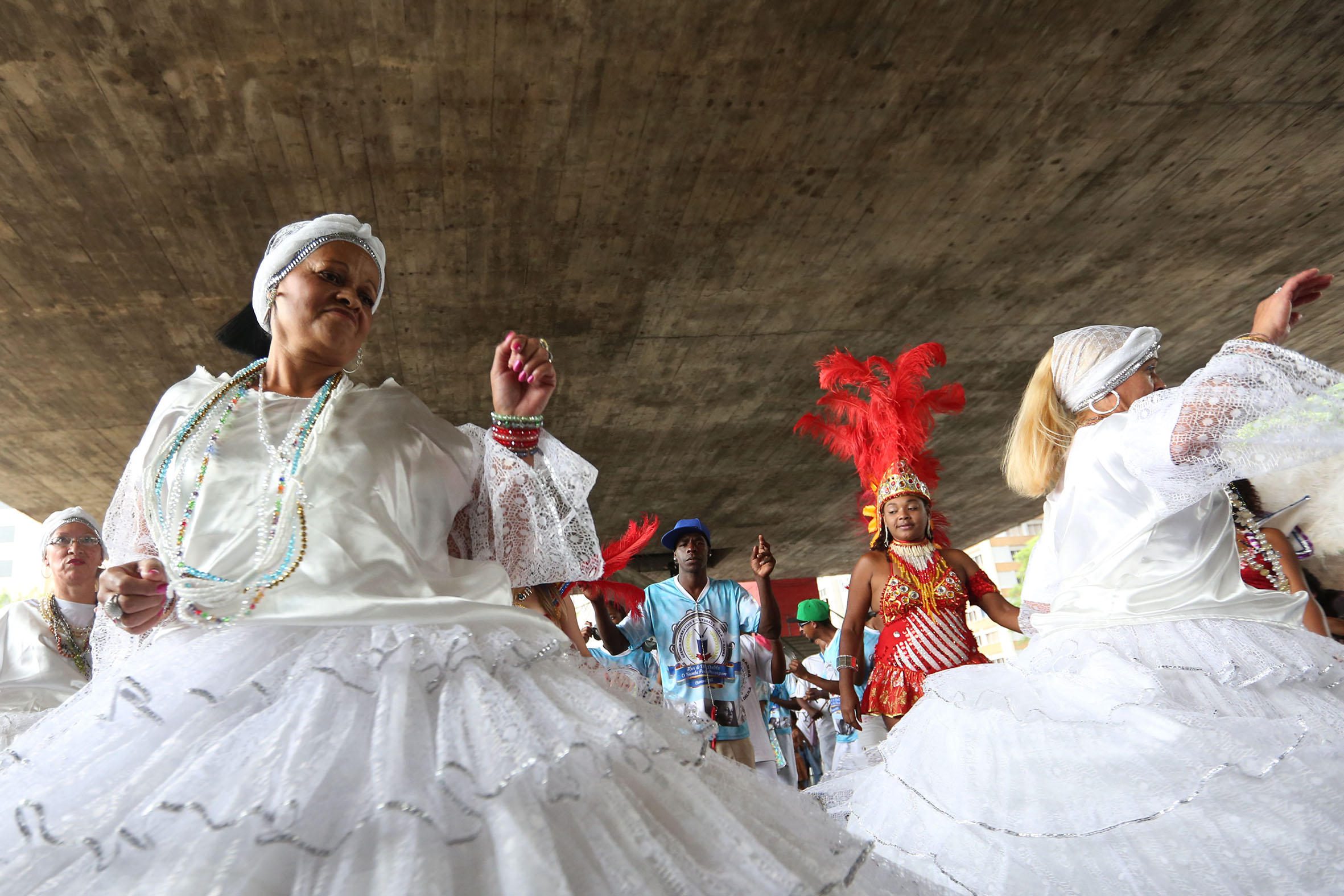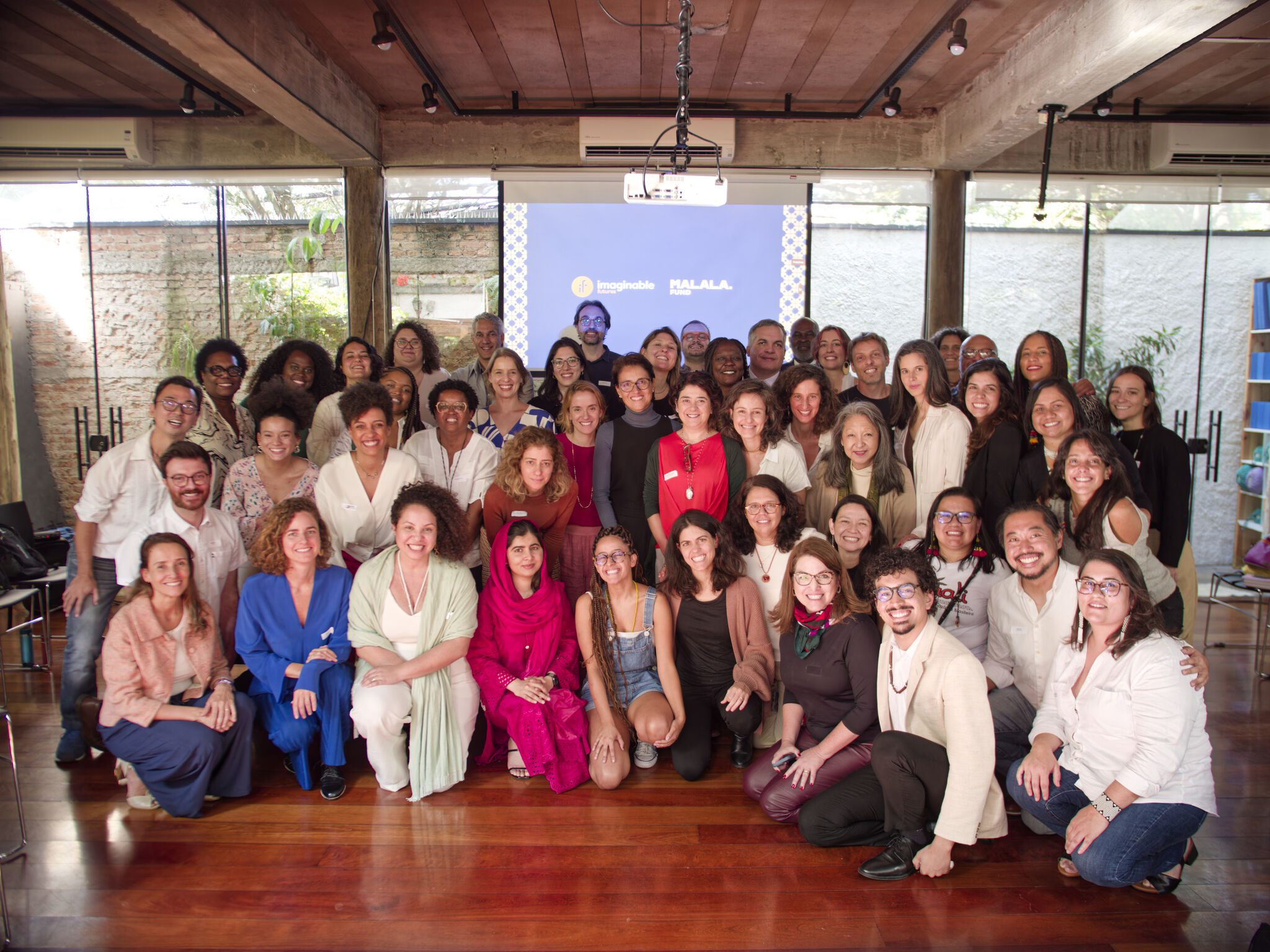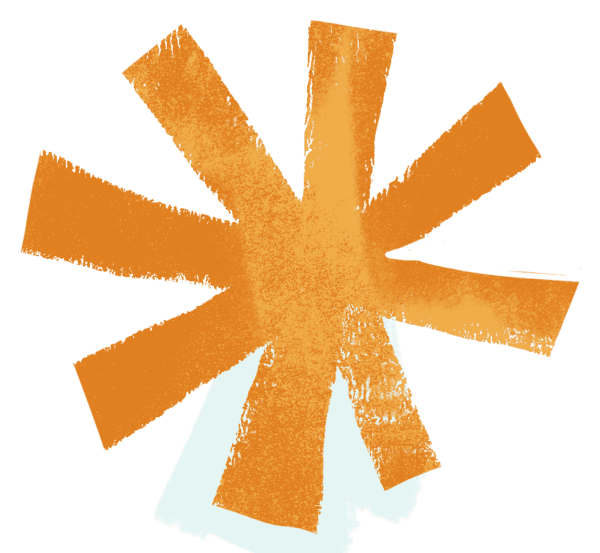We invest in organizations working to advance inclusive, equitable education at the municipal, state and federal levels. Our focus is on strengthening the capacity of a wide range of community-led groups—including those led by Black, Indigenous and Quilombola voices—and supporting collaboration among educators, students, families and school leaders to help shape and guide educational priorities.
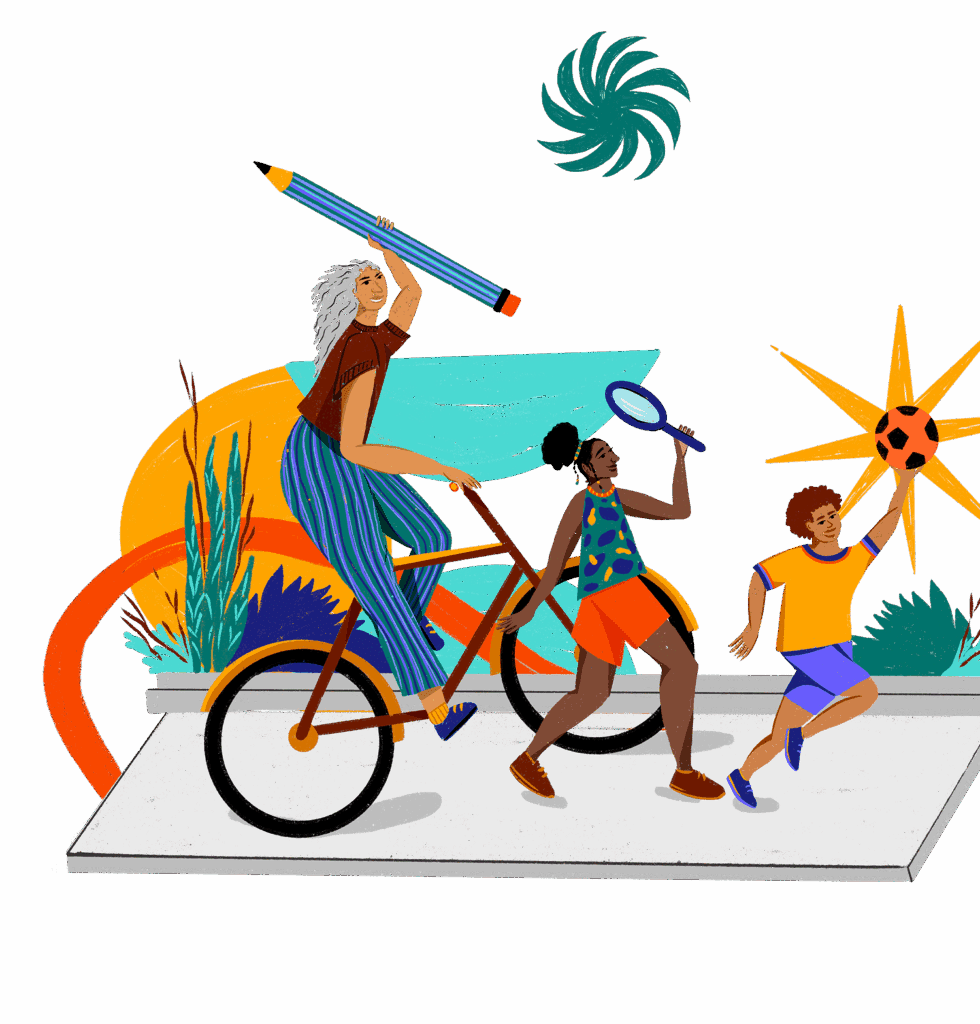
Driving Education Change Through Equity
We partner with initiatives in Brazil to transform education systems so every learner—especially Black, Indigenous, and Quilombola children and youth—can thrive. Rooted in equity, we invest in programs that foster inclusive environments where education becomes a path to opportunity and justice at local, state and federal levels.
Confronting Inequities Through Transformative Solutions
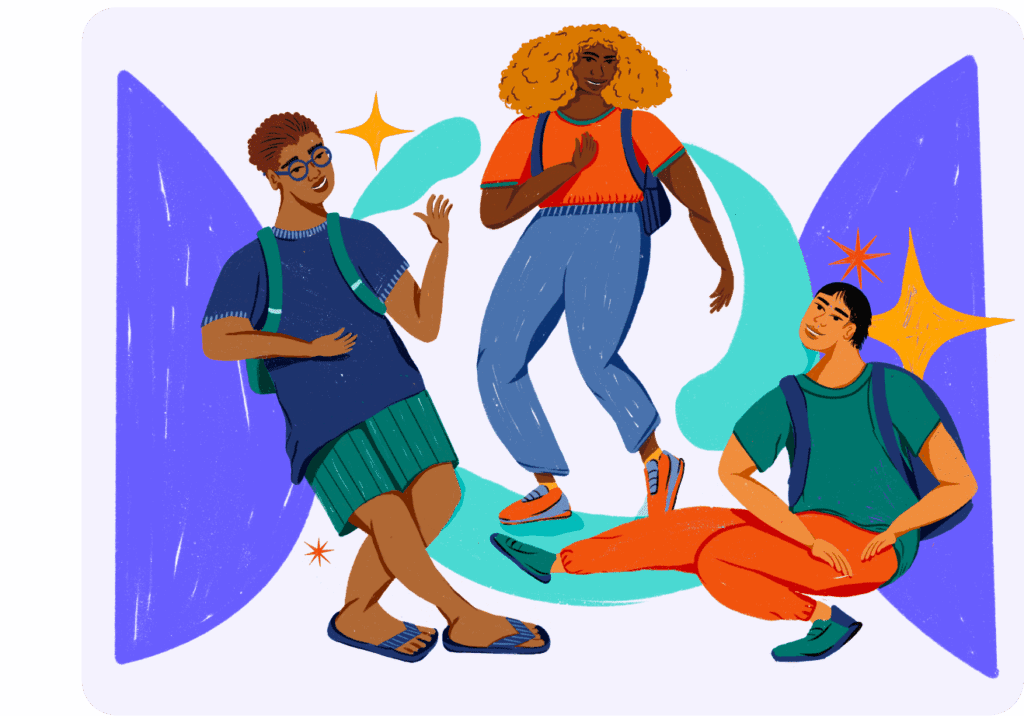
Confronting Inequities Through
Transformative Solutions
Brazil’s education system reflects deep racial inequities — Black, Indigenous and Quilombola learners face systemic barriers that limit access to quality education and lifelong opportunity. Yet across the country, historically marginalized communities are driving powerful movements and leading vibrant innovation ecosystems. By supporting efforts that center equity in education and elevate local leadership, we help advance solutions that not only transform Brazil, but have the potential to inspire change globally.
A Systems Approach to Promote Lasting Change
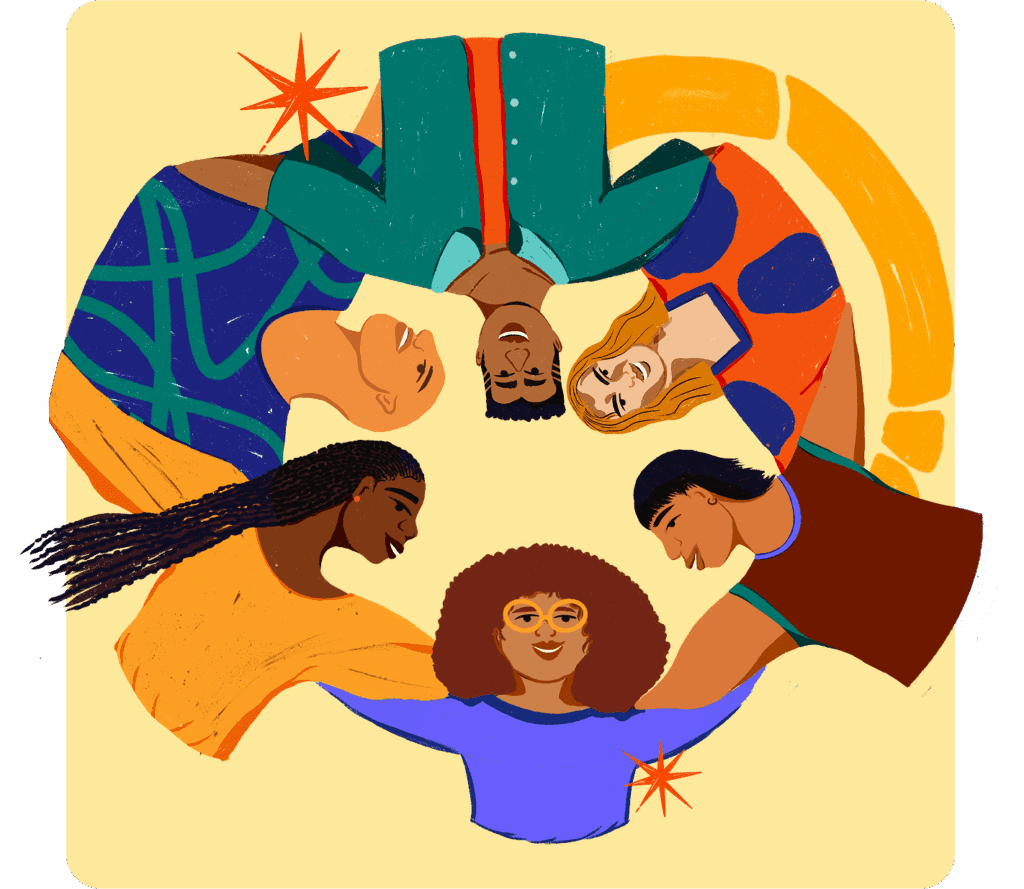
A Systems Approach to Promote Lasting Change
Addressing complex challenges in education means looking at the underlying patterns that connect different issues. To do this, we take a systems approach. In practice, this approach means listening to diverse voices and learning from different perspectives. We use participatory processes to define our strategies and stay flexible as we go, constantly reflecting on our practices and adapting to improve our work.
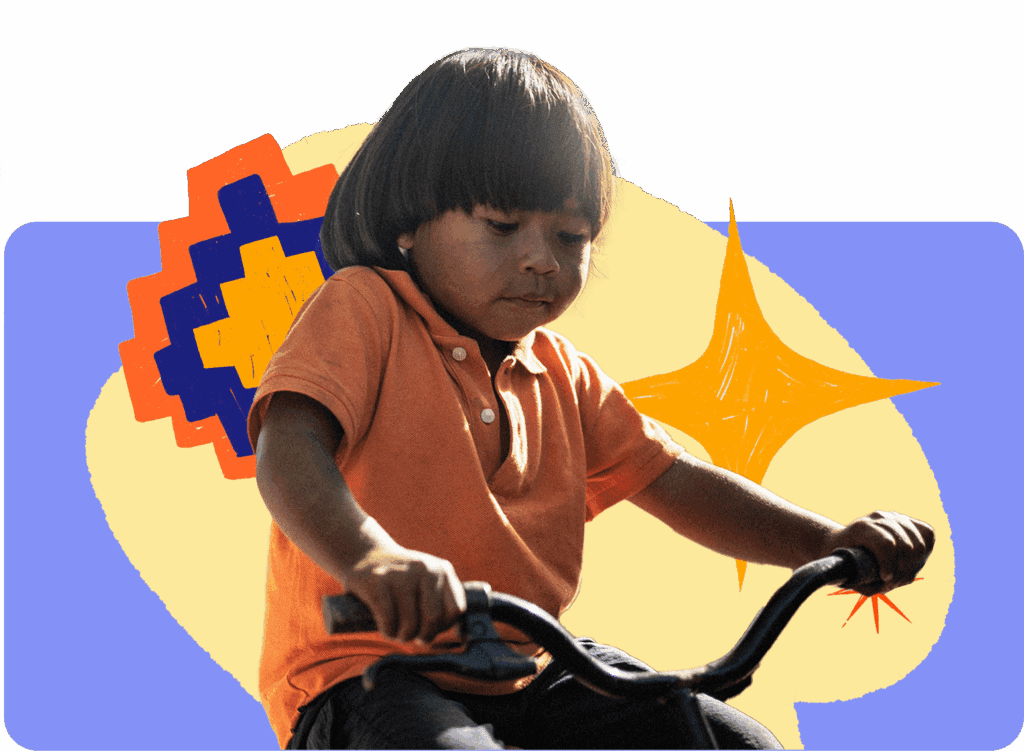
Our Investment Priorities
Strengthening Civil Society for Equitable Education
We invest in organizations working to advance inclusive, equitable education at the municipal, state and federal levels. Our focus is on strengthening the capacity of a wide range of community-led groups—including those led by Black, Indigenous and Quilombola voices—and supporting collaboration among educators, students, families and school leaders to help shape and guide educational priorities.
Advancing Indigenous and Quilombola Education
Strengthening Indigenous and Quilombola education is essential to confronting historical injustices, but also to shaping more flourishing and sustainable futures. This means recognizing education based on traditional knowledge within Brazil’s broader education ecosystem and amplifying their role in national and global debates—including climate. We invest in organizations focused on Indigenous and Quilombola communities that are advancing locally grounded education, identifying needs and good practices, and contributing rooted, place-based perspectives that enrich broader agendas.
Strengthening Indigenous and Quilombola education is essential to confronting historical injustices, but also to shaping more flourishing and sustainable futures. This means recognizing education based on traditional knowledge within Brazil’s broader education ecosystem and amplifying their role in national and global debates—including climate. We invest in organizations focused on Indigenous and Quilombola communities that are advancing locally grounded education, identifying needs and good practices, and contributing rooted, place-based perspectives that enrich broader agendas.
Championing Equity in Philanthropy
Philanthropy can play a meaningful role by amplifying the voices of local communities and education leaders in Brazil. We believe that funders have a responsibility to reflect on how their practices can support efforts to reduce inequity and expand opportunity. That’s why we support initiatives that bring funders together to learn, collaborate and lead with equity—especially racial equity. When philanthropy shows up as a thoughtful partner, education systems in Brazil are better positioned to serve all learners.
Philanthropy can play a meaningful role by amplifying the voices of local communities and education leaders in Brazil. We believe that funders have a responsibility to reflect on how their practices can support efforts to reduce inequity and expand opportunity. That’s why we support initiatives that bring funders together to learn, collaborate and lead with equity—especially racial equity. When philanthropy shows up as a thoughtful partner, education systems in Brazil are better positioned to serve all learners.
Collaboration for Greater Impact in Brazil

Collaboration for Greater Impact in Brazil
We collaborate with peer funding partners to maximize resources, support organizations and bridge funding gaps. Our partnerships have expanded funding for education equity in philanthropy, strengthened civil society and advanced policy change—mobilizing greater investment in Black, Indigenous and Quilombola community voices. By partnering with like-minded funding partners, we grow our impact and support long-term solutions in education across Brazil.
Over a Decade of Investing in Education Equity
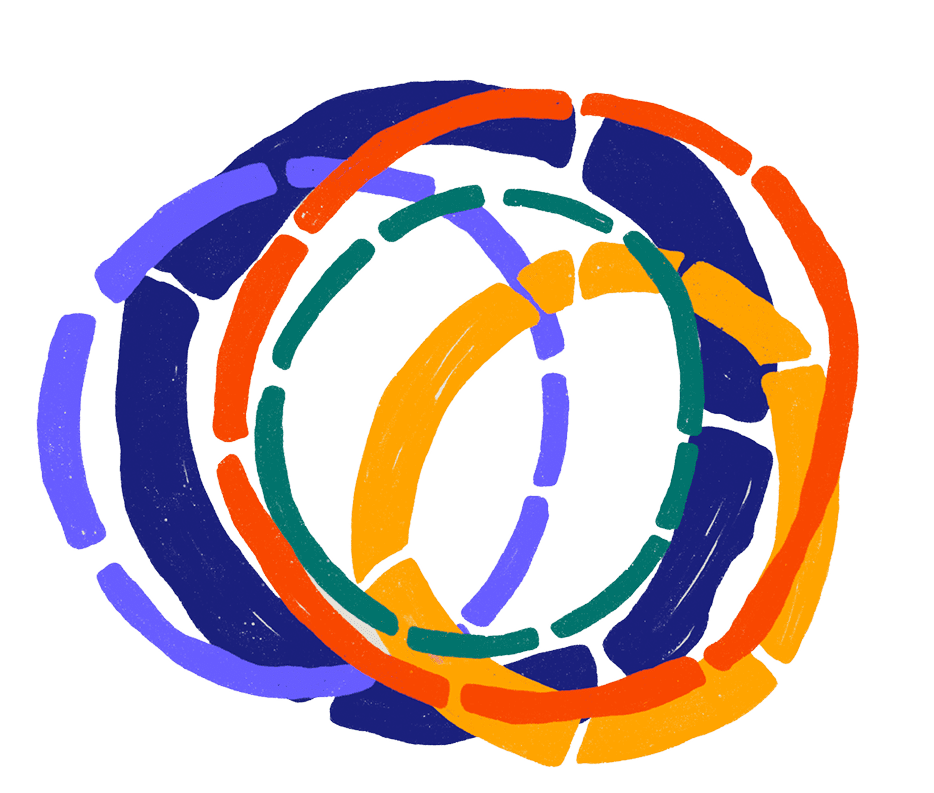
Over a Decade of Investing in Education Equity
Our journey in Brazil began in 2014 through Omidyar Network, where we supported equitable edtech aimed at personalizing learning and other solutions for overcrowded classrooms.
In 2020, we launched as Imaginable Futures and in 2021, updated our strategy through deep engagement with local partners. Together, we affirmed that advancing equity—particularly by supporting Black, Indigenous and Quilombola communities—is essential for advancing education for all learners in Brazil.
Since then, we’ve focused on shifting more resources to historically underfunded regions like in the North and Northeast, and to community-led organizations shaping equitable public policies. In 2024, we expanded our focus to include the intersection of education and climate justice, recognizing the critical role of Indigenous and Quilombola knowledge in building a more sustainable future.
